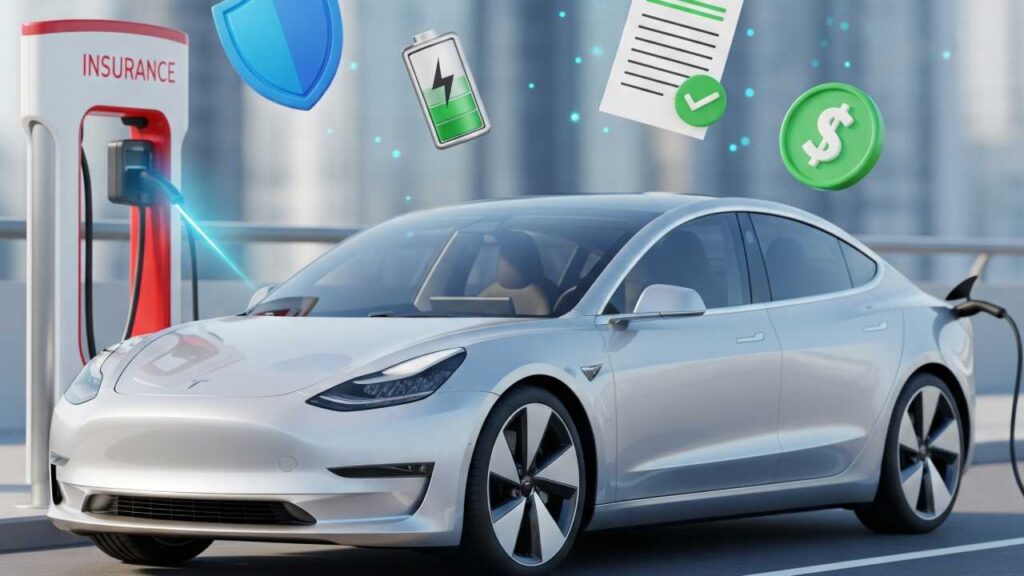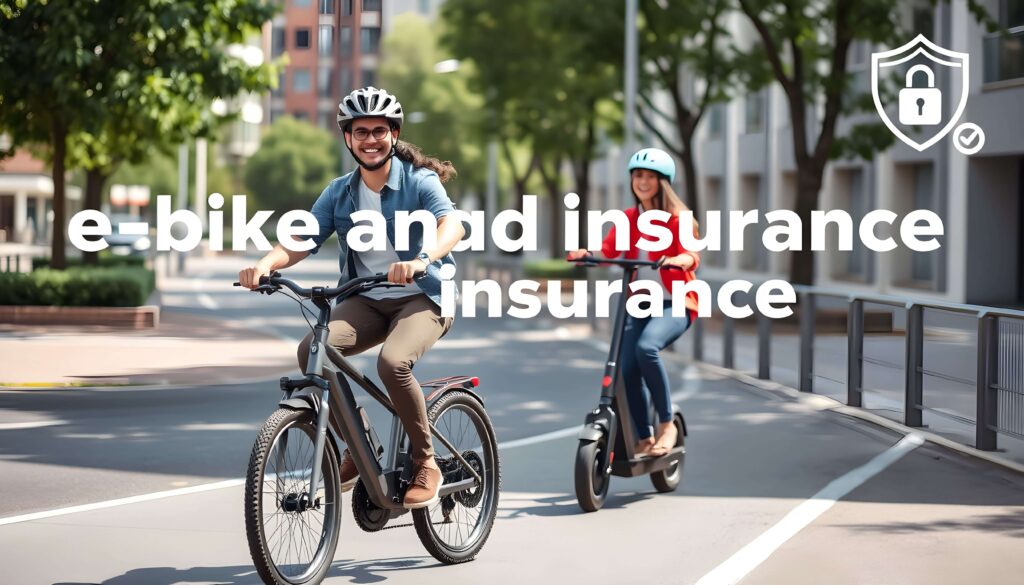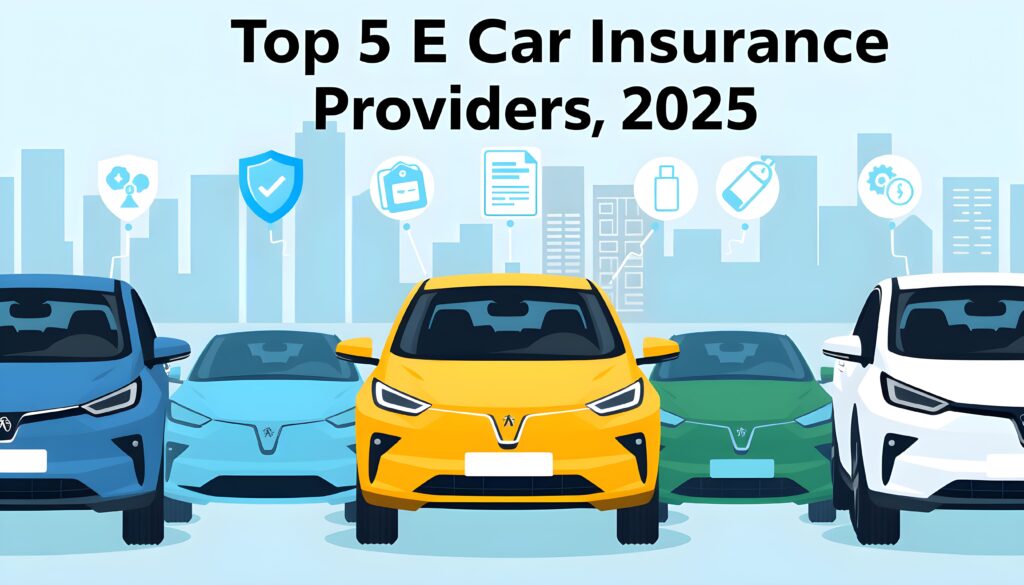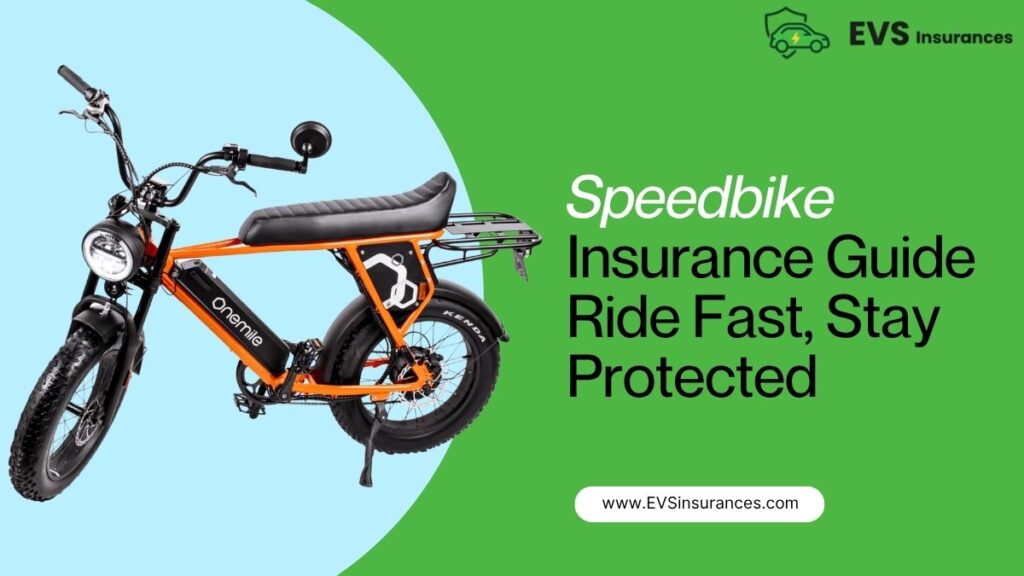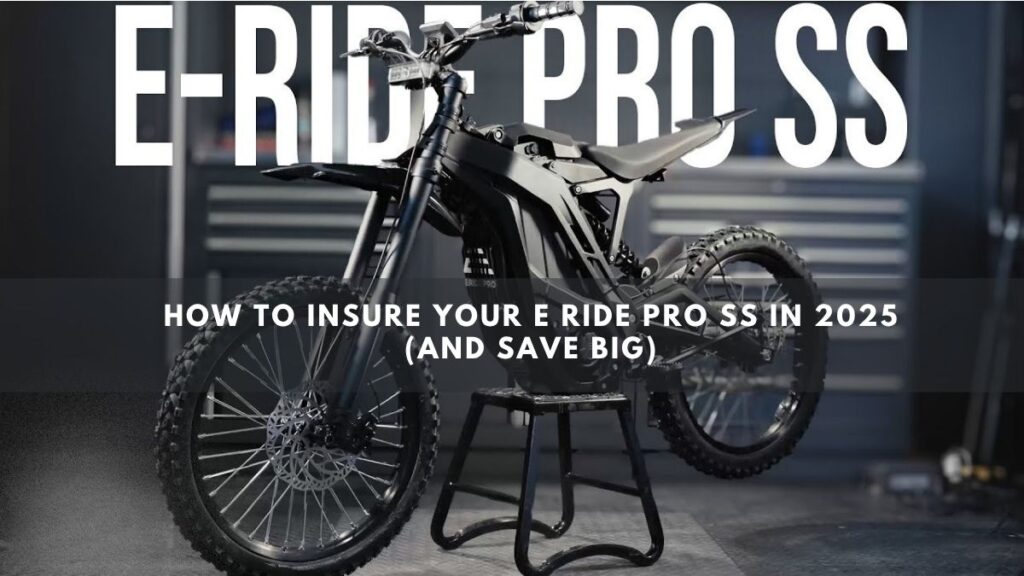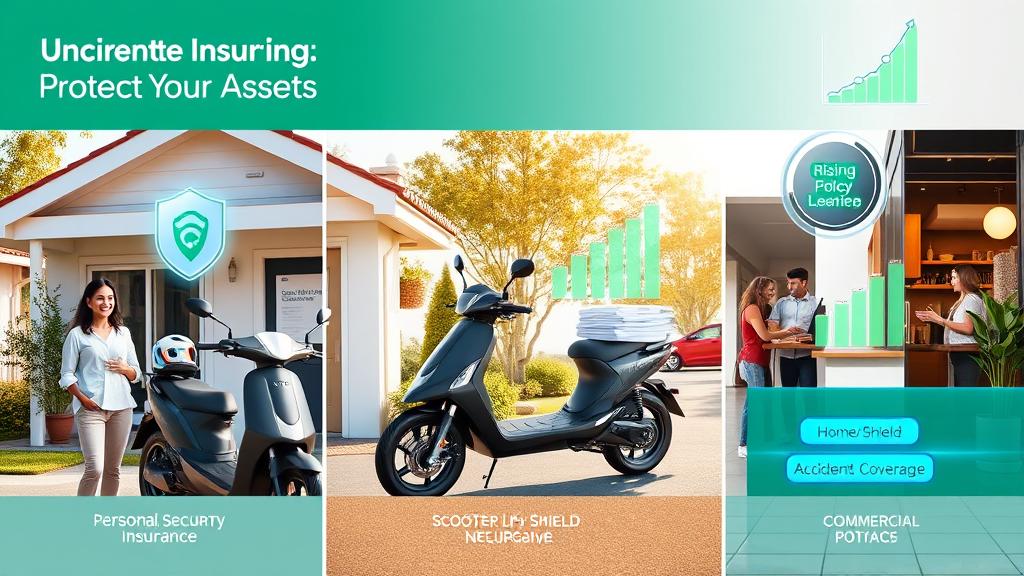
Insurance policies are a critical component of financial planning, providing a safety net against unforeseen events that can cause financial distress. Whether it’s personal, commercial, or specific to a particular asset like a scooter, choosing the right insurance can make all the difference. This article delves into the nuances of personal insurance, scooter insurance, and commercial insurance, helping you make informed decisions to safeguard your assets and peace of mind.
Understanding the Basics: What Does Each Type of Insurance Cover?
Before diving into the specifics, it’s essential to understand what each type of insurance is designed to cover:
- Personal Insurance: This encompasses a wide range of policies designed to protect individuals, including health, life, and auto insurance.
- Scooter Insurance: Tailored for scooter owners, this type of insurance covers damages, theft, and liability in case of accidents involving scooters.
- Commercial Insurance: Designed for businesses, commercial insurance includes property, liability, and professional liability coverage to protect against various risks.
Personal Insurance: Protecting Your Personal Assets
Personal insurance is a broad category that includes various types of policies aimed at protecting individuals and their families. The most common types of personal insurance include:
- Health Insurance: Covers medical expenses, hospital stays, and preventive care.
- Life Insurance: Provides financial support to beneficiaries in the event of the policyholder’s death.
- Auto Insurance: Protects against damages and liability in car accidents.
- Home Insurance: Covers damages to your home and personal belongings.
For example, John, a 35-year-old father of two, was involved in a minor car accident. Due to his comprehensive auto insurance, he was able to get his car repaired and avoid personal financial strain. Without this coverage, John would have had to pay out-of-pocket for the repairs, which could have been a significant burden.
Scooter Insurance: Essential for Scooter Owners
Scooter insurance is a specialized type of policy designed to protect owners of scooters. While scooters are generally smaller and less expensive than cars, the risks associated with riding them can be just as significant. Scooter insurance typically includes:
- Comprehensive Coverage: Protects against theft, vandalism, and other non-collision incidents.
- Collision Coverage: Covers damages to your scooter in the event of a collision with another vehicle or object.
- Liability Coverage: Provides protection against damages and injuries you may cause to others.
- Uninsured/Underinsured Motorist Coverage: Protects you if you’re involved in an accident with a driver who doesn’t have insurance.
Consider Sarah, a 28-year-old urban commuter who relies on her scooter for daily transportation. One day, she was hit by a car, resulting in significant damage to her scooter and injuries. Thanks to her comprehensive scooter insurance, she received coverage for medical expenses and scooter repairs, ensuring she could get back on the road quickly and without financial strain.
Commercial Insurance: Protecting Your Business
Commercial insurance is crucial for businesses of all sizes, providing protection against a wide range of risks. The most common types of commercial insurance include:
- General Liability Insurance: Covers damages and injuries to third parties and their property.
- Professional Liability Insurance: Protects against claims of negligence, errors, or omissions in professional services.
- Property Insurance: Covers damages to business property, including buildings and equipment.
- Workers’ Compensation Insurance: Provides benefits to employees injured on the job or suffering from work-related illnesses.
Take Mark, a small business owner who runs a local bakery. One day, a customer slipped and fell in his store, resulting in a lawsuit. Mark’s general liability insurance covered the legal fees and settlement, saving his business from potential financial ruin.
Comparing the Options: Personal, Scooter, and Commercial Insurance
| Insurance Type | Coverage | Cost | Usage | Key Benefits |
|---|---|---|---|---|
| Personal Insurance | Health, life, auto, home | Varies based on policy and provider | Individual and family protection | Comprehensive coverage for personal assets and liabilities |
| Scooter Insurance | Comprehensive, collision, liability, uninsured/underinsured motorist | Lower compared to car insurance | Scooter owners | Specific protection for scooter-related risks |
| Commercial Insurance | General liability, professional liability, property, workers’ compensation | Depends on business size and risk | Businesses of all sizes | Protects against business-related risks and liabilities |
Conclusion and Call to Action
Choosing the right insurance policy is a critical step in protecting your financial well-being and assets. Whether you need personal, scooter, or commercial insurance, understanding the coverage, costs, and benefits can help you make informed decisions. Don’t leave your future to chance. Get a quote today and ensure you have the right coverage to protect what matters most.
FAQ
What is the difference between personal and commercial insurance?
Personal insurance covers individuals and their personal assets, such as health, life, and auto insurance. Commercial insurance, on the other hand, is designed for businesses and covers risks related to business operations, such as property damage, liability, and professional errors.
Do I need scooter insurance if I already have a car insurance policy?
Yes, scooter insurance is necessary even if you have car insurance because car insurance policies typically do not cover scooters. Scooter insurance is tailored to protect against scooter-specific risks.
What are the main types of commercial insurance for small businesses?
The main types of commercial insurance for small businesses include general liability, professional liability, property insurance, and workers’ compensation. Each type of insurance covers different business-related risks and liabilities.
How can I compare insurance policies online?
You can compare insurance policies online by using comparison websites like Example Insurance Compare. These websites allow you to input your details and receive quotes from multiple providers, helping you find the best coverage at the best price.
What should I consider when choosing an insurance provider?
When choosing an insurance provider, consider factors such as the provider’s reputation, customer service, coverage options, and cost. Reading reviews and comparing quotes can help you make an informed decision. It’s also a good idea to consult with a licensed insurance broker for personalized advice.
How helpful was this article?
A Must-Read for Every Electric Scooter Owner in 2025!
This article is an incredibly thorough and well-researched guide on electric scooter insurance. As someone who recently switched to an e-scooter for my daily commute, I found the breakdown of legal requirements, coverage options, and cost factors extremely helpful. The comparison table was particularly useful in understanding the differences between basic and premium plans.
The tips for lowering premiums and common mistakes to avoid were practical and actionable—I had no idea that bundling with home insurance could save me money! The mention of short-term insurance options for occasional riders was also a great addition.
My only suggestion would be to include real-life case studies or examples of claims to make the risks even more relatable. Otherwise, this is a fantastic resource that every e-scooter rider should read before hitting the road.

